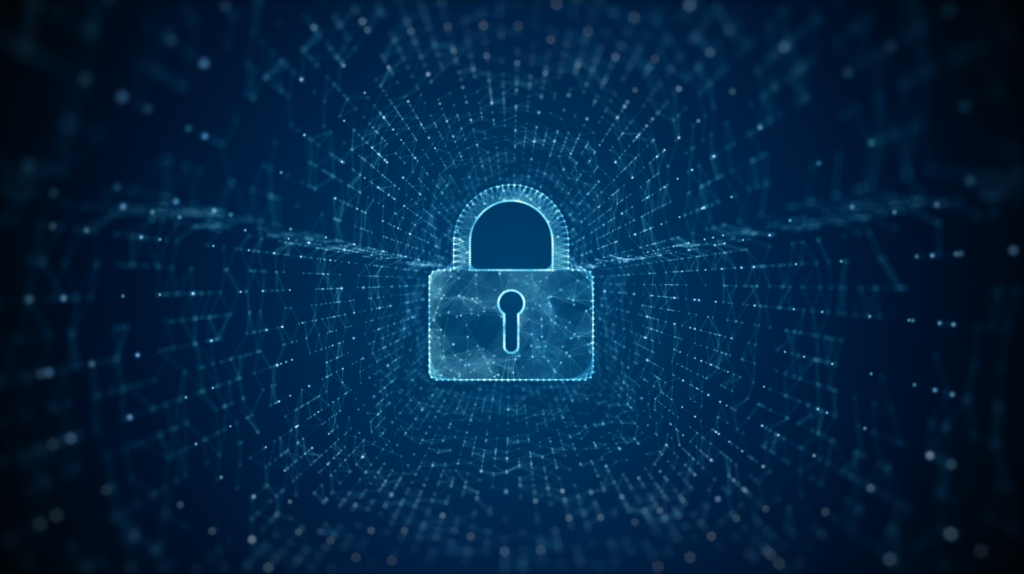In an ever-evolving world, safety has become a paramount concern. From personal protection to corporate security, the landscape of safety is continuously changing, driven by advancements in technology, shifts in societal norms, and an increasing need for specialized services. This redefinition of security has opened up a broader dialogue about the role of private security firms and how they shape contemporary perceptions of safety. Let’s delve into the dynamics of private security and its growing influence on public and private life.
The Rise of Private Security
Historically, the responsibility for maintaining law and order has fallen primarily on public law enforcement agencies. However, a surge in private security firms over the last few decades signals a significant shift. Today, private security companies are no longer limited to static roles such as guarding buildings or providing escorts for VIPs. Their services have expanded to include:
- Cybersecurity: Protecting sensitive data from cyber threats.
- Event Security: Managing large gatherings to prevent disruptions.
- Risk Management: Offering specialized threat assessments and strategic planning.
- Surveillance Solutions: Utilizing advanced technologies like AI-driven cameras and biometric systems.
This diversification reflects the growing complexity of modern security challenges. As businesses and individuals seek tailored protection, the private sector’s role in security provision has become more prominent.

Why the Shift?
Several factors have driven the rise of private security:
Increased Threat Complexity: Threats are no longer confined to physical spaces. Cybersecurity breaches, corporate espionage, and terrorism require a multi-faceted approach that private security companies are well-equipped to handle.
Public Sector Limitations: Public law enforcement agencies often face budget constraints and limited resources. This has led to slower response times and reduced coverage in certain areas, creating gaps that private firms can fill.
Technological Advancements: The private sector has been quicker to adopt innovative technologies that enhance security, from drones and facial recognition to sophisticated alarm systems.
Advantages of Private Security
The private security industry offers several benefits that appeal to both corporate clients and individuals:
- Customization: Private firms provide tailored solutions that address specific needs, whether it’s a personal bodyguard or a comprehensive cybersecurity system.
- Proactive Measures: Unlike reactive law enforcement approaches, private security focuses on preventive strategies to mitigate risks before they materialize.
- Specialization: Many firms specialize in niche areas, providing expert-level services that general law enforcement may not offer.
Ethical Considerations
Despite its advantages, the growth of private security raises important ethical questions:
Use of Force: Private security personnel may not have the same training or restrictions on the use of force, which could lead to misuse of power.
Accountability: Unlike public police forces, private security officers operate under different regulatory frameworks, often with less public oversight.
Access and Inequality: Private security services can be expensive, raising concerns about the disparity between those who can afford enhanced protection and those who cannot.
Lorem ipsum dolor sit amet, consectetur adipisicing elit, sed do eiusmod tempor incididunt ut labore et dolore magna aliqua. Ut enim ad minim veniam, quis nostrud exercitation.
Peter Jackson
Collaboration Between Public and Private Sectors
Many experts advocate for stronger partnerships between public law enforcement and private security firms. Such collaborations can enhance overall safety by:
Community Trust: Transparent cooperation fosters public trust and ensures that both sectors act in the best interest of citizens.
Sharing Intelligence: Coordinated efforts can improve threat detection and response.
Resource Optimization: Joint initiatives can reduce the burden on public services by delegating certain responsibilities to private entities.


As society continues to grapple with evolving security challenges, the role of private security will undoubtedly expand. This dynamic sector provides innovative, customized, and proactive solutions that redefine how safety is perceived and implemented. However, balancing efficiency, accountability, and equity remains critical to ensuring that safety is a universal right, not a privilege reserved for the few.
By fostering thoughtful dialogue and establishing robust ethical guidelines, we can harness the strengths of private security to create a safer world for everyone.




